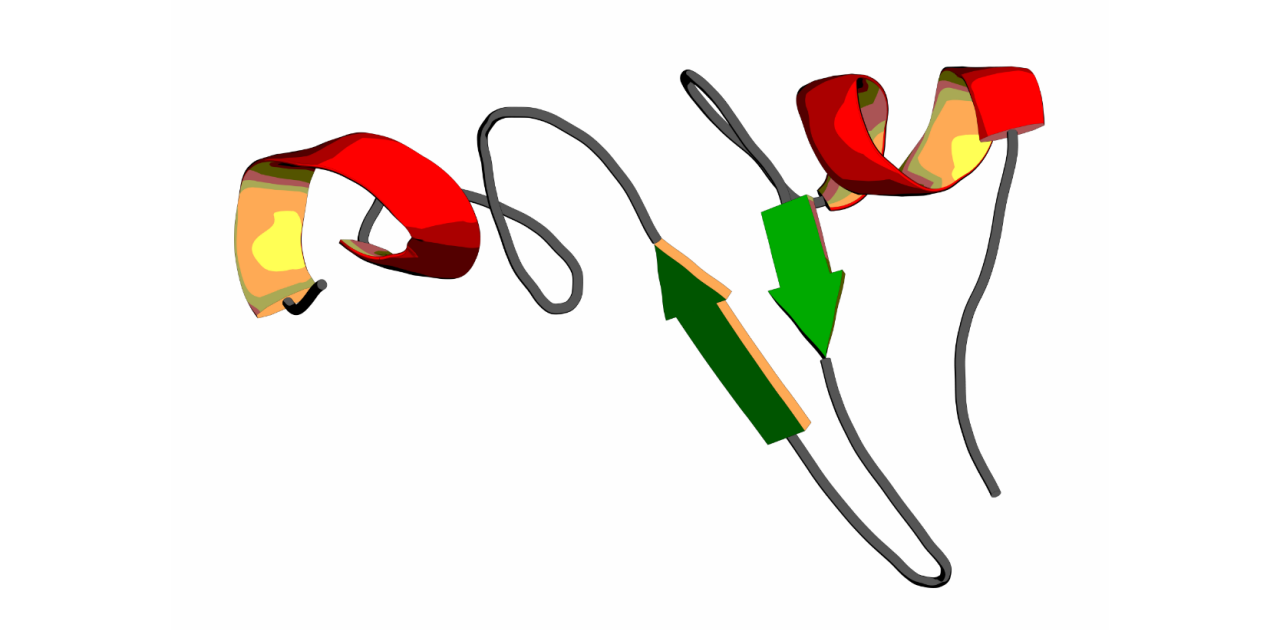Lung Cancer
Targeted therapy drugs are most often used for patients with advanced non-small cell lung cancer (NSCLC), either along with chemotherapy or by themselves, to stop cancer cells from growing and spreading. They are called “targeted” due to the nature of the drugs that target specific characteristics of the cancer53.
Angiogenesis inhibitors: Tumor blood vessel growth inhibitors54
Angiogenesis, the development of new blood vessels from preexisting vessels is crucial for continued primary tumor growth, facilitation of metastasis (spread), subsequent support for metastatic tumor growth, and thus cancer progression. Angiogenesis in advanced non-small cell lung cancer (NSCLC) can be blocked by using angiogenesis inhibitors in the treatment.
Therapies disrupting gene alterations (mutations)54
Targeted therapy for advanced NSCLC also works by disrupting the mutation of specific types of genes that can stem the growth of the cancer.
Cells with EGFR alterations54


Some NSCLC patients can harbor sensitizing mutations in epidermal growth factor receptor (EGFR), which is a protein found on certain types of cells and is involved in signaling pathways that control cell division and survival. Mutation in EGFR can cause the cancer cells to grow faster. These mutations are more common in women and non-smokers55. Drugs called EGFR inhibitors target mutant EGFR proteins to block the growth signal.
Cells with ALK alterations54


About 5% of NSCLC patients have a rearrangement in a gene called anaplastic lymphoma kinase (ALK). This change is most often seen in non-smokers (or light smokers) who have adenocarcinoma, a malignant tumor formed from glandular structures in epithelial tissue. The ALK gene rearrangement produces an abnormal ALK protein that causes uncontrolled cellular proliferation and survival of cancer cells. Drugs called ALK inhibitors target abnormal ALK proteins to block the abnormal growth signal.
Cells with BRAF alterations54


BRAF gene normally encodes a protein called B-Raf but mutations can make an aberrant BRAF protein that causes abnormal cell growth. BRAF/MEK inhibitors that target BRAF mutations in the mitogen-activated protein kinase (MAPK) pathway can be used for this subset of patients.
Triple-Negative Breast Cancer
A new form of treatment called antibody drug conjugates (ADCs) have been introduced to treat metastatic triple-negative breast cancer.
ADCs consist of an antibody attached to a chemotherapy drug that delivers chemotherapy only where it is needed, limiting unwanted side effects56. ADCs work by combining the ability of antibodies to target cancer cells with the ability of chemotherapy drugs to kill cancer cells.
If you are unsure if you are a candidate for ADC therapy, ask your doctor if it is a suitable treatment option for you.
Patients with early stage or metastatic triple-negative breast cancer who are also a carrier of the BRCA1 or BRCA2 gene mutation may be prescribed an oral targeted therapy called PARP inhibitor. PARP or Poly(ADP-ribose) polymerase (PARP) is an enzyme in the body’s cells that helps repair DNA damage so that cells will not turn cancerous57. PARP inhibitors are drugs that try to keep cancer cells from repairing damaged tumor DNA, thereby leading to cancer cell death.
If you are unsure if you are a candidate for PARP inhibitor therapy, ask your doctor if it is a suitable treatment option for you.
For more information, please click here for other lung cancer treatment types and here for other triple-negative breast cancer treatment types.




